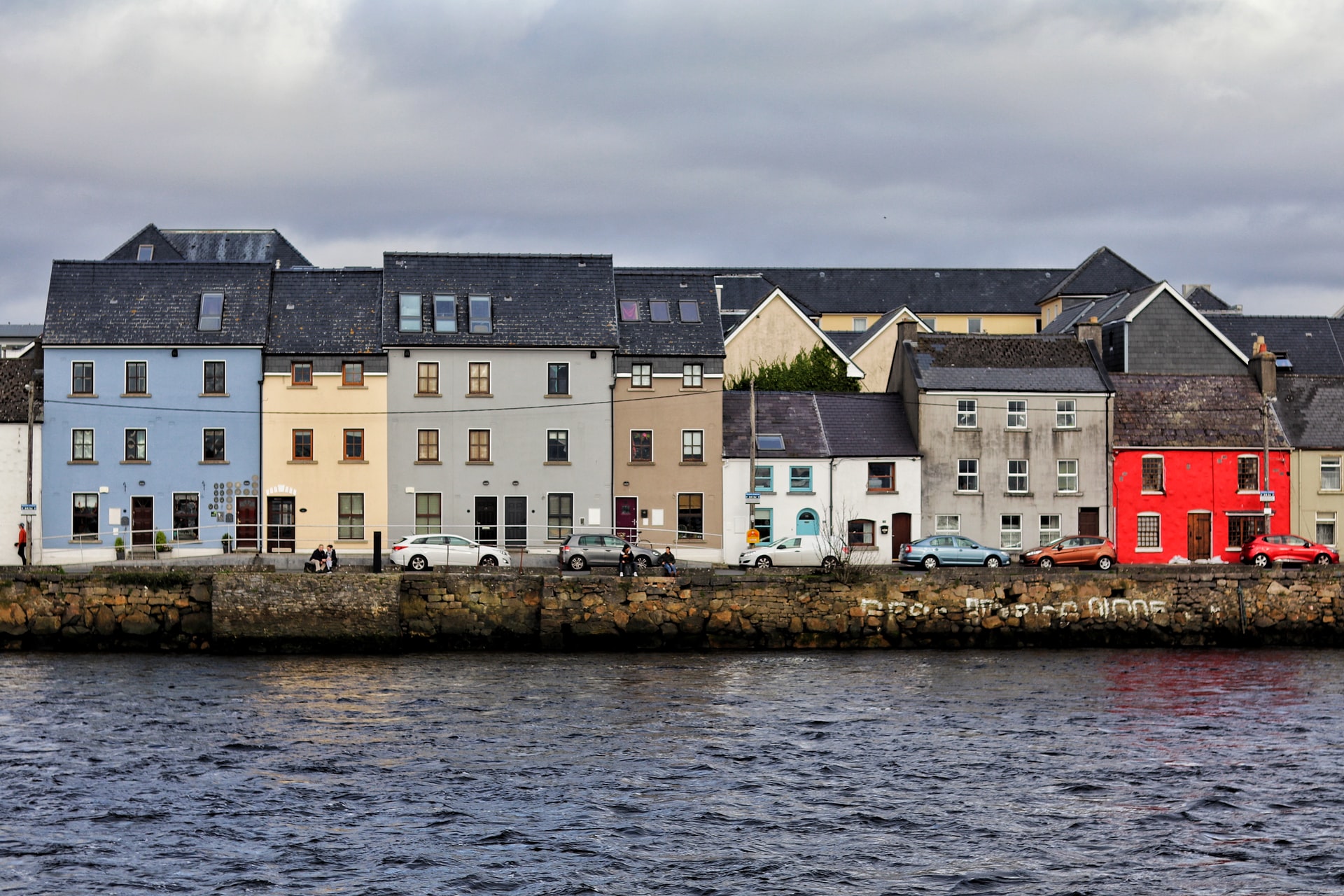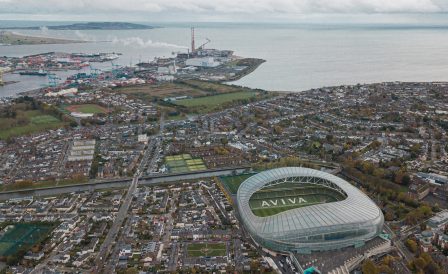If you arrive in Ireland, you will be asked to show valid proof of vaccination or that you have recovered from COVID-19 in the past 180 days. The proof can be in written or electronic format in Irish or English or with a certified translation.
If you do not have valid proof of vaccination or recovery, you will need to present evidence of a negative RT-PCR result from a test taken within 72 hours before arrival into the country.

Who is considered fully vaccinated?
You are fully vaccinated when it is:
- 15 days after the second AstraZeneca dose or second Covishield dose
- 7 days after the second Pfizer-BioNtech dose
- 14 days after the second Moderna dose
- 14 days after the single Janssen dose
- 14 days after the second Sinopharm dose (also called Vero Cell Inactivated)
If you got different vaccines for your first and second doses, the above period is counted based on your second vaccine. For example, if your first dose was Astra-Zeneca, and your second dose was Pfizer, you are fully vaccinated seven days after the Pfizer dose.
You are not considered fully vaccinated if you got a vaccine other than those listed above.
You are also not fully vaccinated if the interval between your first and second doses is less than the required period (for two-dose vaccines).
Who needs a COVID test?
You do NOT need a test if you:
- have an EU Digital COVID Certificate
- are aged 11 or under
- have another acceptable proof that you are fully vaccinated with an EMA approved vaccine or that you have recovered from COVID-19 in the past 180 days
In all other cases, you must have a negative RT-PCR test taken no more than 72 hours before your arrival in Ireland. An antigen test is not accepted.
You do not have to quarantine when you arrive in Ireland.

Passenger Locator Form
Before departure, you will need to fill out the ‘Covid-19 Passenger Locator Form’. This form may be used by Irish health authorities to contact you to verify your location in Ireland. It will also help contact tracers to contact you if there is a confirmed coronavirus case on your flight.
You will have to indicate your passport and flight details and your contact information in Ireland (address, phone number, and email) in the form.
Are you ready to go for your dream? We can help! Fill out an application for the selection of a training programme in Ireland.



